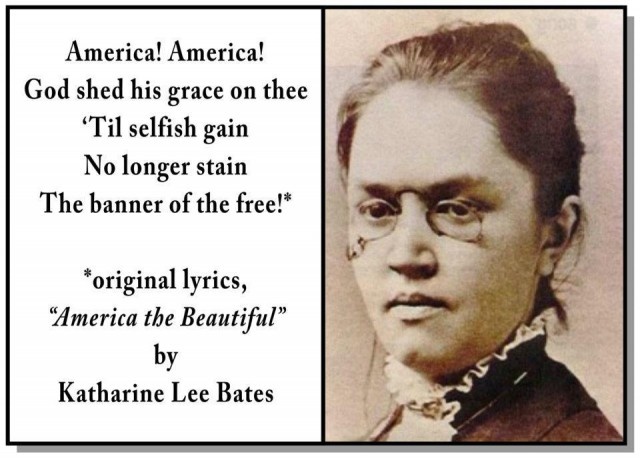
The America We Need
|
I want to do something unusual with today’s newsletter: Devote it to a single project running in The Times. The lead article in the project is by the editorial board, and it offers a path forward from the current nightmare — a way to respond to the terrible toll of coronavirus in a way that’s in keeping with the best of the American tradition.
 |
You’ll find the first few paragraphs below, and I hope you’ll take the time to read the entire piece:
|
| From some of its darkest hours, the United States has emerged stronger and more resilient. |
| Between May and July 1862, even as Confederate victories in Virginia raised doubts about the future of the Union, Congress and President Abraham Lincoln kept their eyes on the horizon, enacting three landmark laws that shaped the nation’s next chapter: The Homestead Act allowed western settlers to claim 160 acres of public land apiece; the Morrill Act provided land grants for states to fund universities; and the Pacific Railway Act underwrote the transcontinental railroad. |
| Nearly 75 years later, in the depths of the Great Depression, with jobs in short supply and many Americans reduced to waiting in bread lines, President Franklin Roosevelt proved similarly farsighted. He concluded the best way to revive and sustain prosperity was not merely to pump money into the economy but to rewrite the rules of the marketplace. “Liberty,” Roosevelt said at the Democratic Party’s convention in 1936, “requires opportunity to make a living — a living decent according to the standard of the time, a living which gives man not only enough to live by, but something to live for.” His administration, working with Congress, enshrined the right of workers to bargain collectively, imposed strict rules and regulators on the financial industry, and created Social Security to provide pensions for the elderly and disabled. |
| The coronavirus pandemic has laid bare once again the incomplete nature of the American project — the great distance between the realities of life and death in the United States and the values enunciated in its founding documents. |
|
Alan: The silver lining in America's Coronavirus crisis is that we can't go back to "being normal" because "being normal" was the problem.
Pax On Both Houses: Good Ideas For The Body Politic |
Related |
James Bennet, the Times’s editorial page editor, has written a note explaining the background behind the series. Jeneen Interlandi, a member of the editorial board, has written a piece focusing on how to stop the virus. And the historian Walter Scheidel explains how previous pandemics have changed politics.
|
For a less sanguine view, Richard Haass predicts in Foreign Affairs that “the world following the pandemic is unlikely to be radically different from the one that preceded it.”
|
Forward this newsletter to friends … |
… and they can sign up for themselves here. It’s free and published every weekday, with help from my colleague Ian Prasad Philbrick.
|
No comments:
Post a Comment